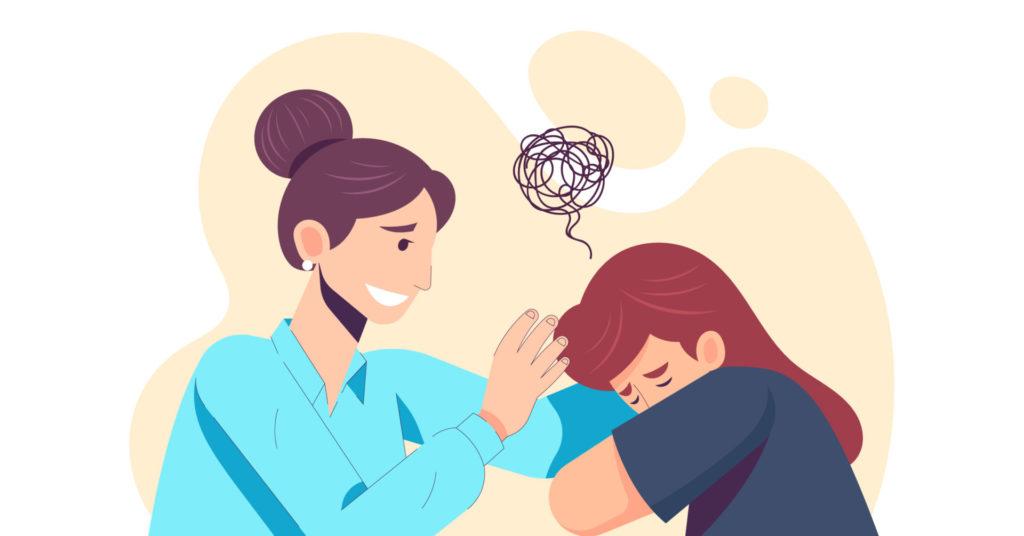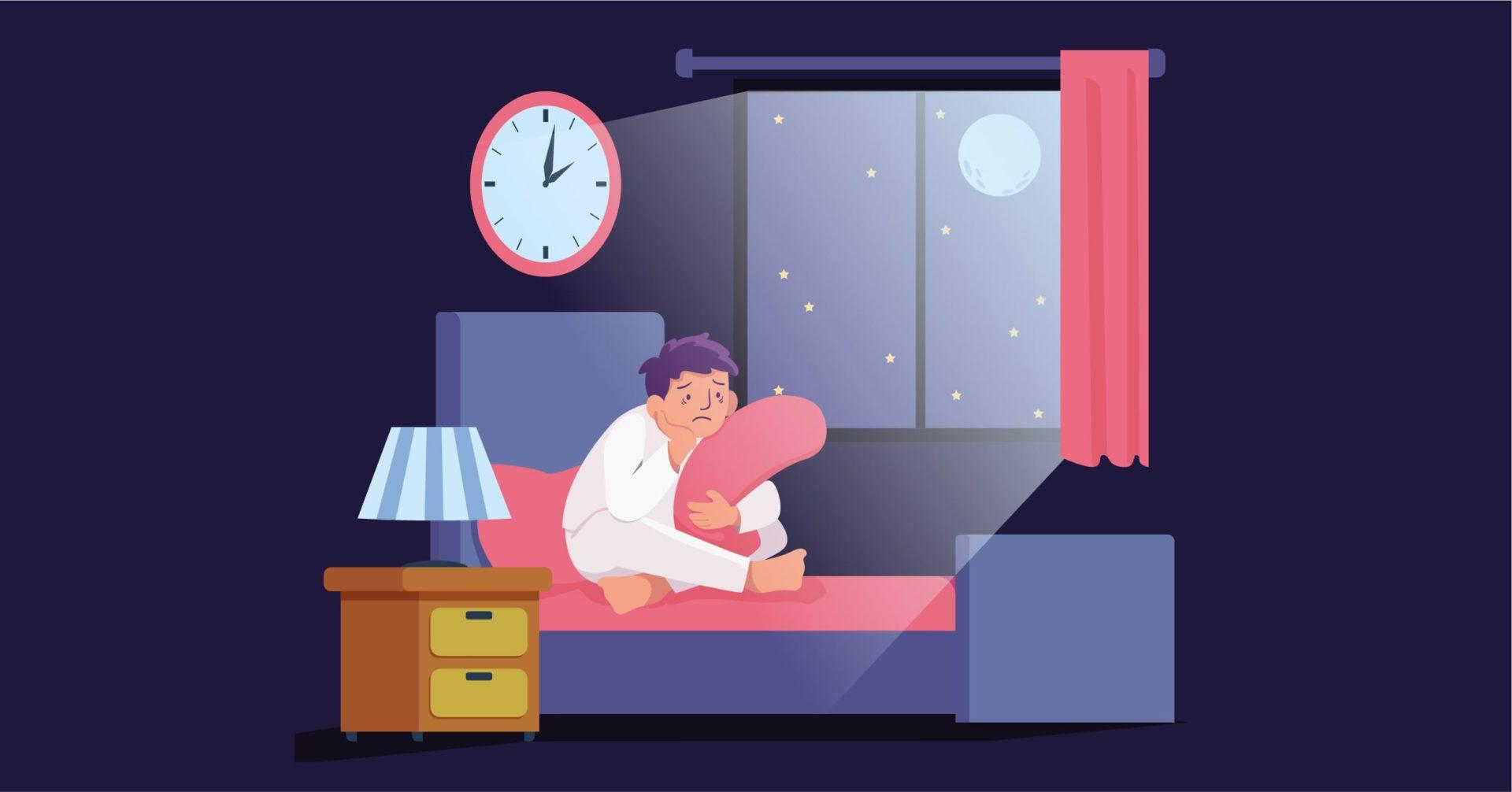Overview
Brief psychotic disorder is a sudden onset of at least one symptom of psychosis, lasting for a day at least but less than a month. Psychosis is a brief state characterised by delusions, hallucinations, disorganised speech, or grossly disorganised or catatonic behaviour.
Delusions are strong beliefs that aren’t true, despite presentation of contrary evidence.
Hallucinations are seeing, feeling or hearing things which aren’t present. Disorganised speech is characterised with incoherent speech which doesn’t make sense – words don’t follow a grammatical structure.
Catatonic behaviour is seen when the person has difficulty moving their body. They may stay still and unresponsive or move their body fast and in strange ways.
The causes of Brief Psychotic Disorder are still unclear, however several research papers link stressful events and genetic conditions leading to an episode of Brief Psychotic Disorder. Several case studies of Brief Psychotic Disorder suggest that stressed induced Brief Psychotic Disorder might be caused due to lack of coping skills and exposure to trauma.
Common Signs and Symptoms
Signs and symptoms include a sudden onset of one or more psychotic symptoms. They can be:
- Delusions
- Hallucinations
- Disorganised speech
- Catatonia
This episode of psychotic features may last for a day or more, but no more than a month. The person usually returns to optimal levels of functioning once the episode is over.
Risk Factors
Temperamental factors such as negative mood affectivity, personality traits in the psychoticism domain, preexisting personality disorders may make the person vulnerable to Brief Psychotic Disorder. Neurological factors such as higher pituitary volume is associated with higher stress reactivity among patients with psychotic disorders, making them vulnerable to Brief Psychotic Disorder.
Stress induced environments may lead to the development of Brief Psychotic Disorder. For example, the COVID-19 pandemic caused a rise in cases of Brief Psychotic Disorder in Italy where somatic delusions of having covid-19 were reported among the patients. Research also suggests that prevalence of Brief Psychotic Disorder is higher among developing countries as compared to developed nations. Cultural differences among the prevalence is also noted.
Diagnosis
To be diagnosed with Brief Psychotic Disorder, following criteria must be met:
- One or more of the following symptoms beginning suddenly, and last for a day or upto a month:
- Delusions
- Hallucinations
- Catatonic behaviour
- Grossly Disorganised Speech
Psychologists are to mention if the onset is after a stressful event, postpartum depression or trauma. They are required to note that the disorder isn’t caused due to other psychological disorders or is substance induced. Patients go back to normal functioning once the episode is over. Cultural influences also need to be ruled out.
Treatment
The treatment of Brief Psychotic Disorder depends upon the severity and intensity of the symptoms. In-patient as well as outpatient treatment can be advocated depending on the symptoms.
Medication often includes first generation antipsychotics, second generation antipsychotics and benzodiazepines. Antipsychotics help greatly in the reduction of symptoms. However, second generation antipsychotics may have side effects such as weight gain, hyperglycemia, etc. Benzodiazepines often help individuals with aggravated symptoms.
Psychotherapy is in the form of individual therapy. It helps in explaining the condition to the family and managing triggers. Effective coping skills as well as stress management can be taught through psychotherapy.
Differential Diagnosis
1. Other medical conditions: A variety of medical disorders can trigger psychotic symptoms for short durations. Psychotic disorder due to another medical condition or a delirium is diagnosed when there is evidence that the delusions or hallucinations are the direct physiological consequence of a specific medical condition.
2. Substance-related disorders: Substance/medication-induced psychotic disorder, substance-induced delirium, and substance intoxication are distinguished from brief psychotic disorder by the fact that a substance (e.g., a drug of abuse, a medication, exposure to a toxin) is judged to be etiologically related to the psychotic symptoms (see ”Substance/Medication-Induced Psychotic Disorder” later in this chapter). Laboratory tests, such as a urine drug screen or a blood alcohol level, may be helpful in making this determination, as may a careful history of substance use with attention to temporal relationships between substance intake and onset of the symptoms and to the nature of the substance being used.
3. Depressive and bipolar disorders: The diagnosis of brief psychotic disorder cannot be made if the psychotic symptoms are better explained by a mood episode (i.e., the psychotic symptoms occur exclusively during a full major depressive, manic, or mixed episode).
4. Other psychotic disorders: If the psychotic symptoms persist for 1 month or longer, the diagnosis is either schizophreniform disorder, delusional disorder, depressive disorder with psychotic features, bipolar disorder with psychotic features, or other specified or unspecified schizophrenia spectrum and other psychotic disorder, depending on the other symptoms in the presentation. The differential diagnosis between brief psychotic disorder and schizophreniform disorder is difficult when the psychotic symptoms have remitted before 1 month in response to successful treatment with medication. Careful attention should be given to the possibility that a recurrent disorder (e.g., bipolar disorder, recurrent acute exacerbations of schizophrenia) may be responsible for any recurring psychotic episodes.
5. Malingering and factitious disorders: An episode of factitious disorder, with predominantly psychological signs and symptoms, may have the appearance of brief psychotic disorder, but in such cases there is evidence that the symptoms are intentionally produced. When malingering involves apparently psychotic symptoms, there is usually evidence that the illness is being feigned for an understandable goal.
6. Personality disorders: In certain individuals with personality disorders, psychosocial stressors may precipitate brief periods of psychotic symptoms. These symptoms are usually transient and do not warrant a separate diagnosis. If psychotic symptoms persist for atleast 1 day, an additional diagnosis of brief psychotic disorder may be appropriate.
Specialist
A psychiatrist or a psychologist will be able to deal with Brief Psychotic Disorder.
In Conclusion
Extreme stressful events like trauma or the death of a loved one may trigger Brief Psychotic Disorder. Although this condition may last for one month or less, the affected person may display severe psychotic episodes of catatonic behavior and hallucinations, and there is a possibility of relapse in the future in the event of similar triggering events.
If not acknowledged at an early stage, the recurrence of Bried Psychotic Disorder can relapse often. Thus, it is advised to consult a professional at an early stage. This will reduce the symptoms and also reduce the chances of relapses in the future.
Consult Ananda’s experts for personalized therapy sessions.
Book your session with us today





